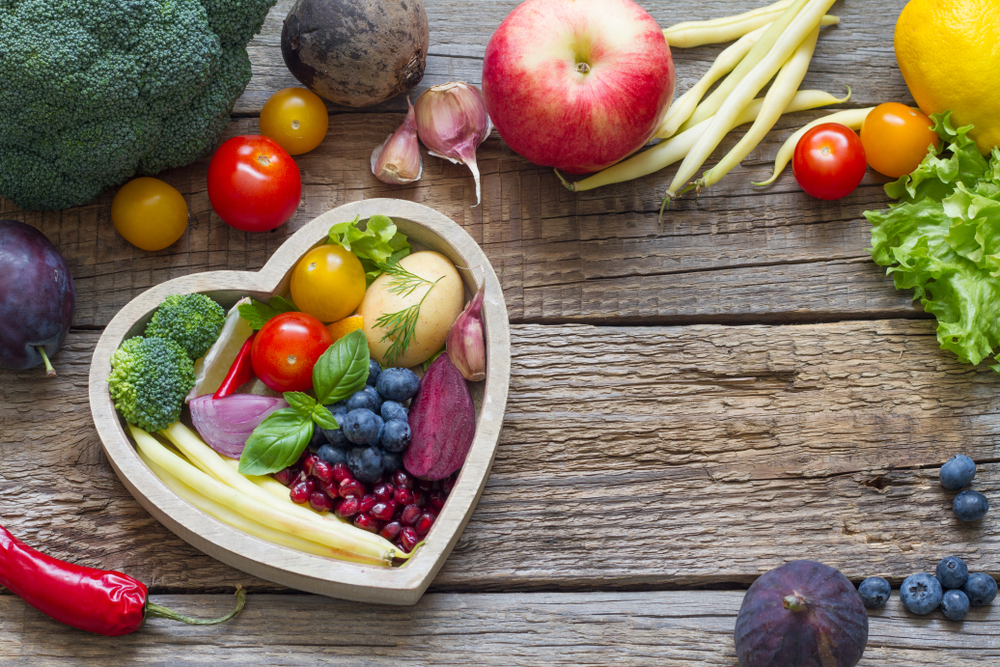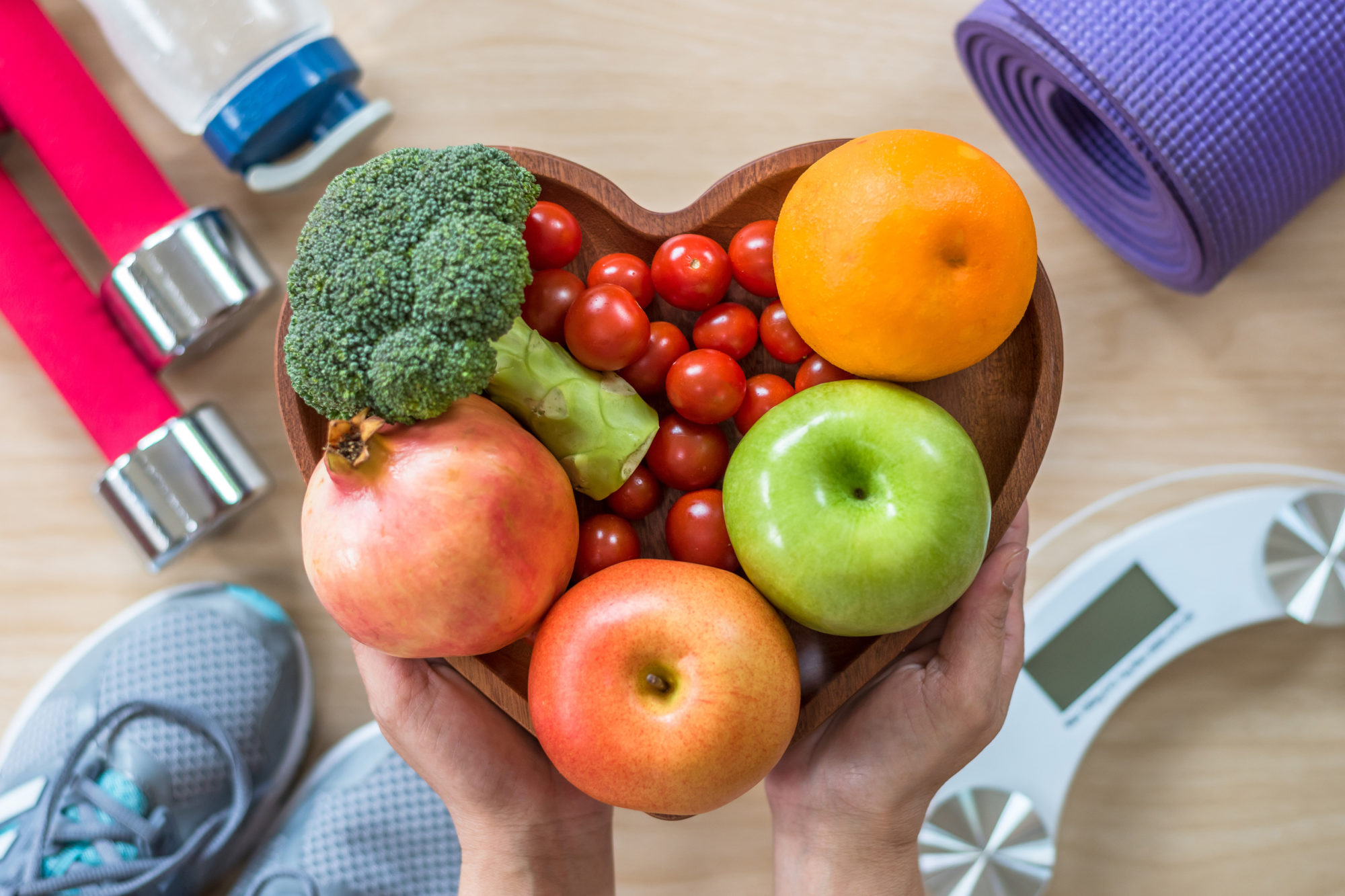Posted on April 2, 2019
Healthy eating
A well balanced diet will provide the nutrients your heart needs from across all food groups. Your diet should contain a mix of foods, including;
- Plenty of fruit and vegetables
- Starchy foods like bread, rice, potatoes and pasta, preferably wholegrain
- Some milk and dairy products, ideally low or reduced fat varieties
- Some meat, fish, eggs and non-dairy sources of protein
- Only a small amount of fatty and sugary foods and drinks
Try to avoid eating too much salt, which can increase your blood pressure and in turn increase your risk of developing coronary heart disease. When seasoning dishes, swap salt for spices or fresh herbs.
Remember to keep within the recommended guidelines for drinking alcohol too. Men and women should avoid drinking more than 14 units of alcohol each week, and you should try to have several alcohol-free days each week.
Getting active
As well as reducing your risk of heart and circulatory disease, exercise can help lower blood pressure and cholesterol, improve your mental health, and help you manage your weight.
The NHS recommends 150 minutes of moderate physical activity a week, or 30 minutes of exercise five times a week. If this seems daunting, begin by increasing your activity level by adopting some healthier habits. For example, take the stairs rather than the lift or escalator, or walk to the shop instead of driving.
Anything that increases your heart rate, makes you breathe faster and makes you feel warmer counts as moderate activity, so getting active could be as simple as a brisk walk each lunchtime, or a swimming session after work.
Watch your waistline
Maintaining a healthy weight can help you prevent or manage conditions like high blood pressure, high cholesterol and type 2 diabetes, which can put you at greater risk of coronary heart disease.
A combination of a balanced diet and exercise can help you manage your weight, which will in turn keep your heart healthy.
Support from supplements
Natural supplements like garlic which have been enhanced with thiamin can contribute to the health of your heart. Garlic has traditionally been used to support the heart, as it contains allicin, which has antioxidant properties.



